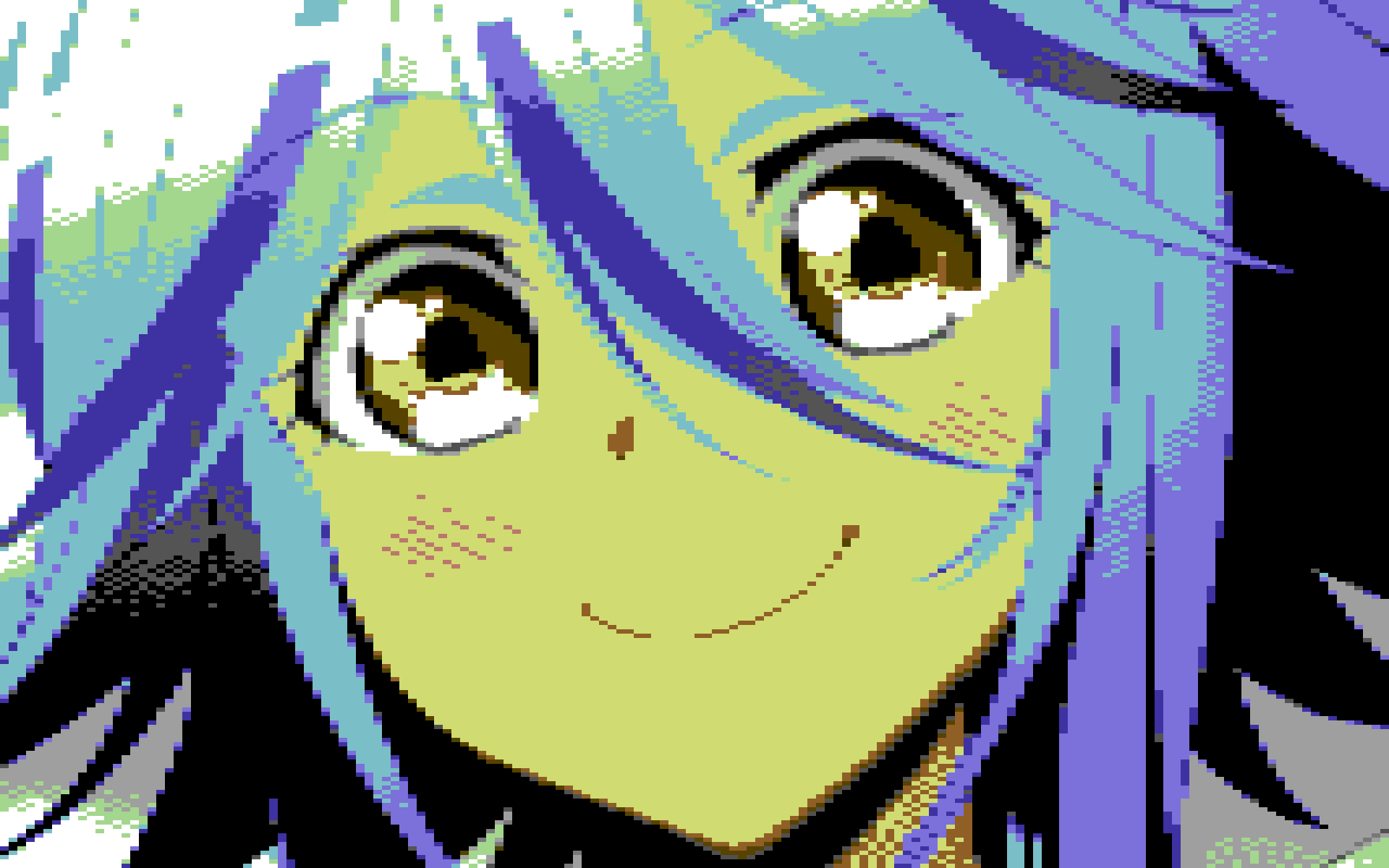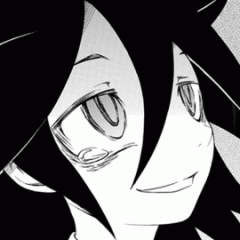VN's Forever: Regarding ChuableSoft's bankruptcy or the sad state of modern, japanese vn industry
As you may (or may not, at least yet) know, ChuableSoft has filed for bankruptcy on 7th of July. In his Twitter, Ishida P - ChuableSoft's director - stated they had no other choice than to close, simply because it was not possible for them to continue with the company in it's current state. This may come of as slightly surprising, considering their previous game - Watashi ga Suki nara "Suki" tte Itte! (SukiSuki for short) won the 2015's Moege Awards and was met with warm praise - both from the fans, as well as community. The rights to the game were also acquired by MG and it's slated for an english release in late 2017/early 2018. How was it possible, that a rather well known japanese studio known for it's high quality charages went bust like that?
As a fan and avid reader myself, I've been keeping an eye on the japanese vn industry for the past 15 years; More than a decade, with all it's ups and downs and various events, that shaped and changed it's face overtime. It's not hard to summarize, that even if the start of the new millenium had proven to be a highly productive period for japanese developers, things don't look as bright when you start to look past 2010. To put things short - it's golden age is already long over and creators are currently facing numerous issues, which had been slowly but steadily piling up within the last years.
Market oversaturation is often being considered as one of the biggest culprits behind the increasingly difficult task for japanese developers to stay afloat as working businesses. The competition is fierce and industry itself is partially at fault for that; The ammount of new game makers rose expotentially after 2000's, while majority of them stemmed from the same exact community of fans. People, whom - as they grew up - changed from consumers into creators themselves. The otaku market is incredibly closed off and as such, consumes almost everything it produces by itself. It's a self-regulating social wonder of sorts that slowly grew for as long as 80's. Sadly, things finally came to a halt where it produces far more it's capable to consume. As such, to keep up with market's rising competition and social changes, creators had to start minimizing risks, often by lowering standards or switching entirely to budget works; if successful, such couple shorter games could support their more important, high quality productions, at worst make them stay afloat. This system worked for a couple of past years, but the more aware fans often kept pointing at the detoriating quality of games and nonsensical stories, which more than often subdued to popular tropes and cliches. Certain companies found delicate safety within particular niches, protected by circles of avid fans and doujinshi works. It's really difficult to presume, how long will they manage to keep up with the rising requirements, especially when trends change and people swap their interests. "A lot" does not necesarilly equate "good", neither will the fans remain forever loyal. The constantly lowering standards also caused a response within the market itself - people slowly got used to cheaper, lower quality games and as such, their needs grew smaller as well. This came to a turning point, where a lot of people began to feel content with low quality works and won't bother with better releases, mainly because they are a lot more expensive, far longer and usually harder to approach.
Instead producing high quality games, companies turned to churning out budget-type games, often serialized or episodic in nature, but how are you supposed to keep up with a market, that literally has thousands of competing companies, each producing exactly the same type of games? Formulas that used to be highly succesful in the past are now often a nail to the coffin for many starting studios. This is especially prevalent for moeges and charages, often built around slice of life genre; the "coming of age" stories, that used to be so popular are now considered completely cliched and overused to the point, where multiple games released often feel alike; there's little to no distinction between them at first glance and this causes the fans to feel resigned and makes them lose their motivation to get involved with anything further. At the same time, thousands of games are being sold to thousands of consumers; each company has to make a living and that wouldn't be a problem, when the population of fans would be kept at a steady number. Unfortunately, the japanese demographics are clear on that - the population is aging very quickly, with losses greatly superseeding gains. The same can be said about the market itself - the ex-fans, who are currently producing their own games have less and less potential customers, as their generation became incapable to supply the population with a steady birthrate. It's a tale of an aging market, with people who slowly drift away from being fans, as the modern, day-to-day japanese life consumes them almost entirely. In the end, this means less and less total available revenue to creators. Less money available within the market means less available budget to create future games. This means everyone has to settle for less and cut costs, which further lowers the quality of the final product. It's a vicious cycle and one that is increasingly difficult to break from, once you get caught.
In a world of merciless competition for disappearing population of consumers and aging fans, this means pretty much a single flop - especially an incredibly expensive, high quality game - can lead to a complete downfall. Growing risks prevent creators from retries and keep them pinned down to a life, where they barely scrape by from production cycle to another. As the costs grow, they finally find themselves in a difficult situation - often indebted and without funds, because their games didn't bring the expected revenue - where they simply have nothing else to do, than declare bankruptcy. This is more, or less what causes many studios - such as ChuableSoft - to finally close down. Sadly, I presume this is just the beginning and we'll see many more of our beloved companies closing down in the near future.
The only hope now currently lies within the western market - a body of almost infinite possibilities, with a massive and constantly growing fanbase, always thirsty for new games. Perhaps it's time for the japanese developers to finally embrace that possibility and move on.
- Asonn, ChaosRaven, Gibberish and 1 other
-
 4
4




7 Comments
Recommended Comments